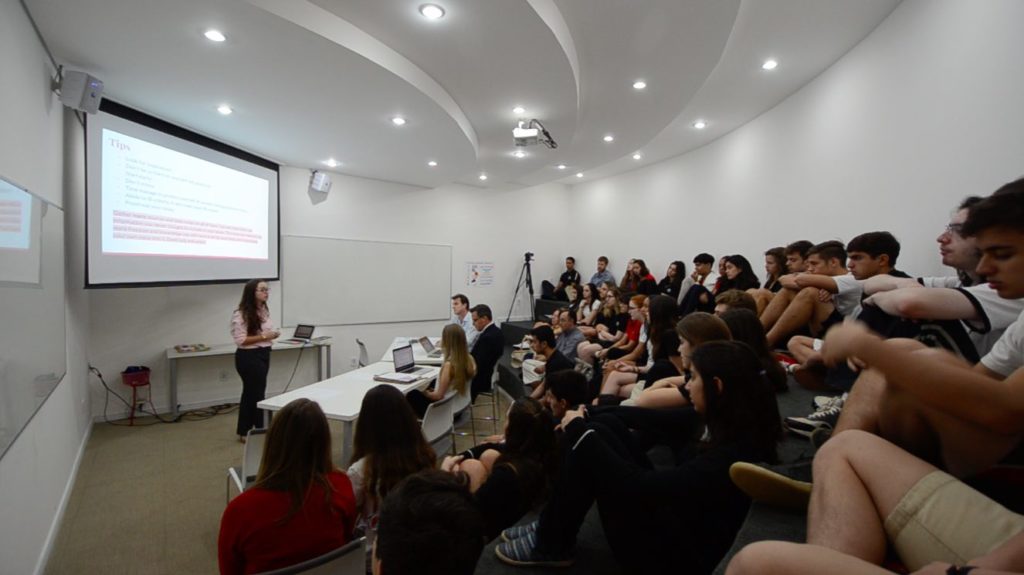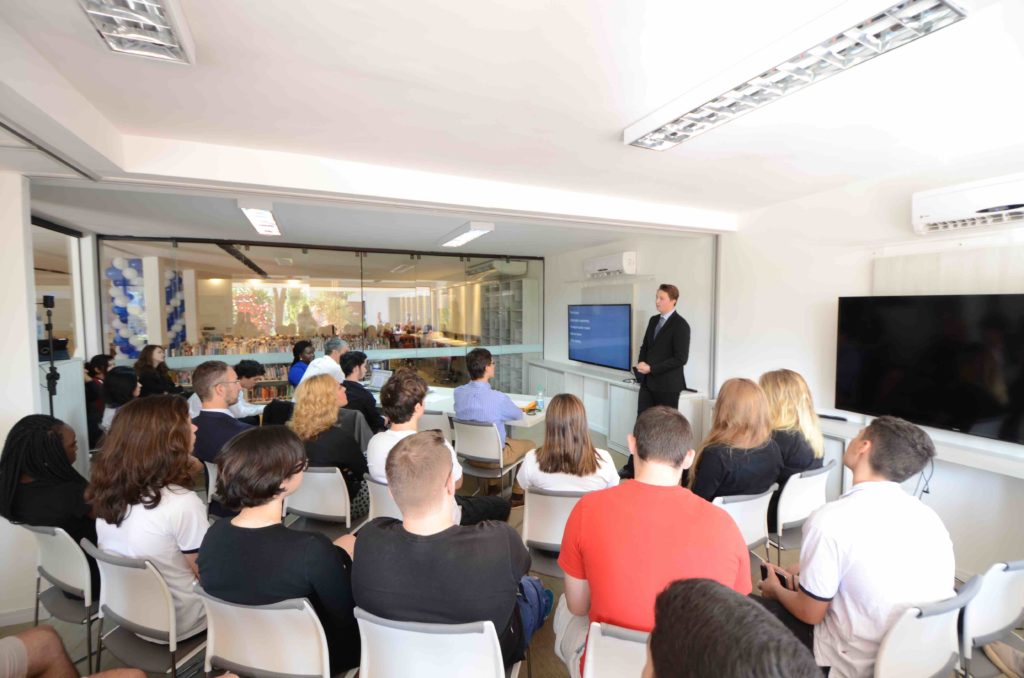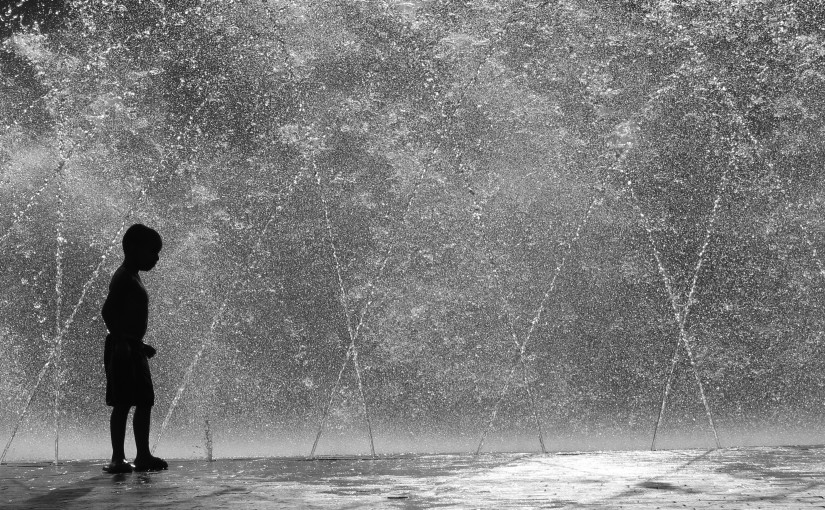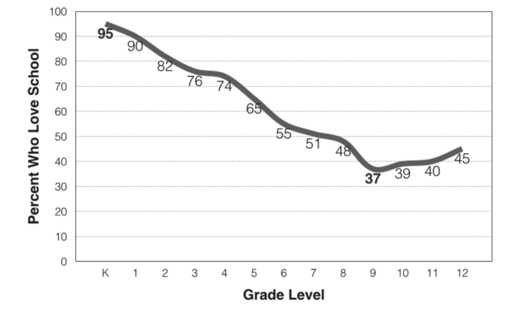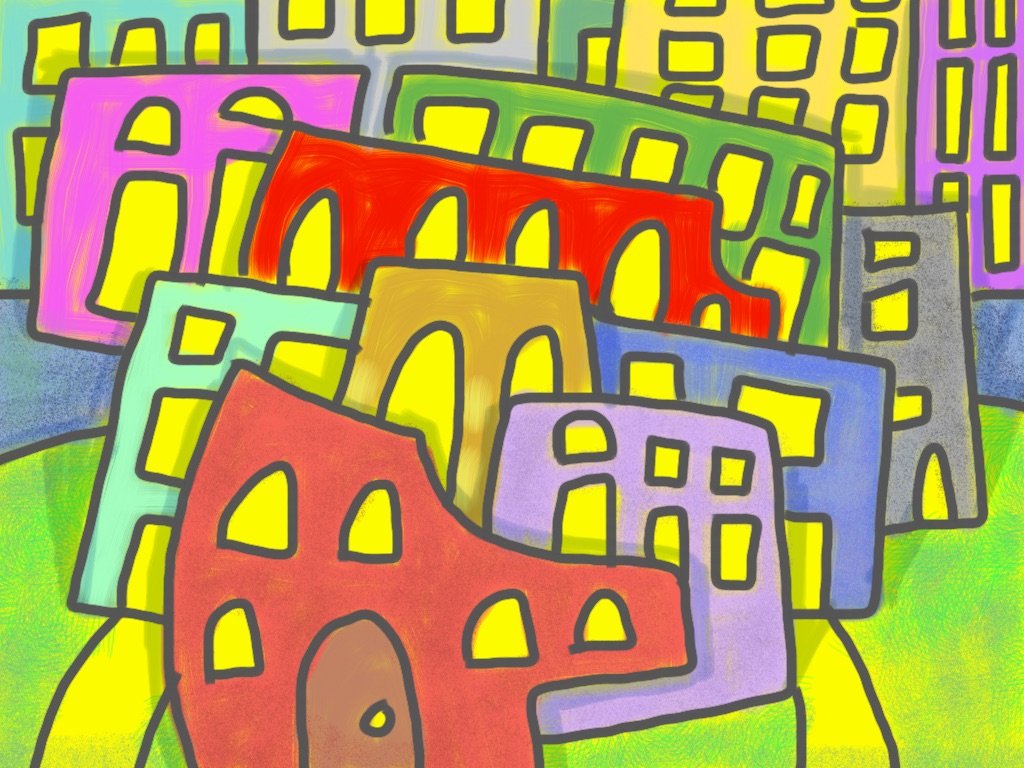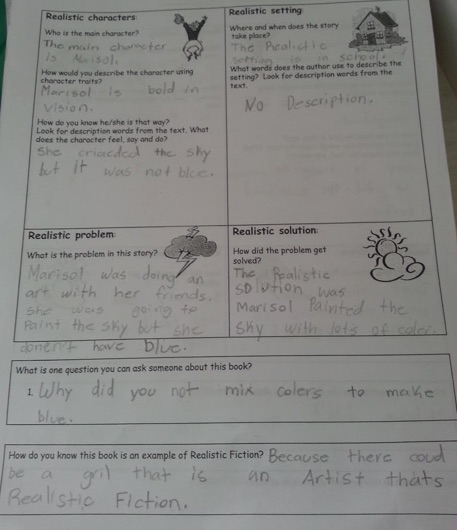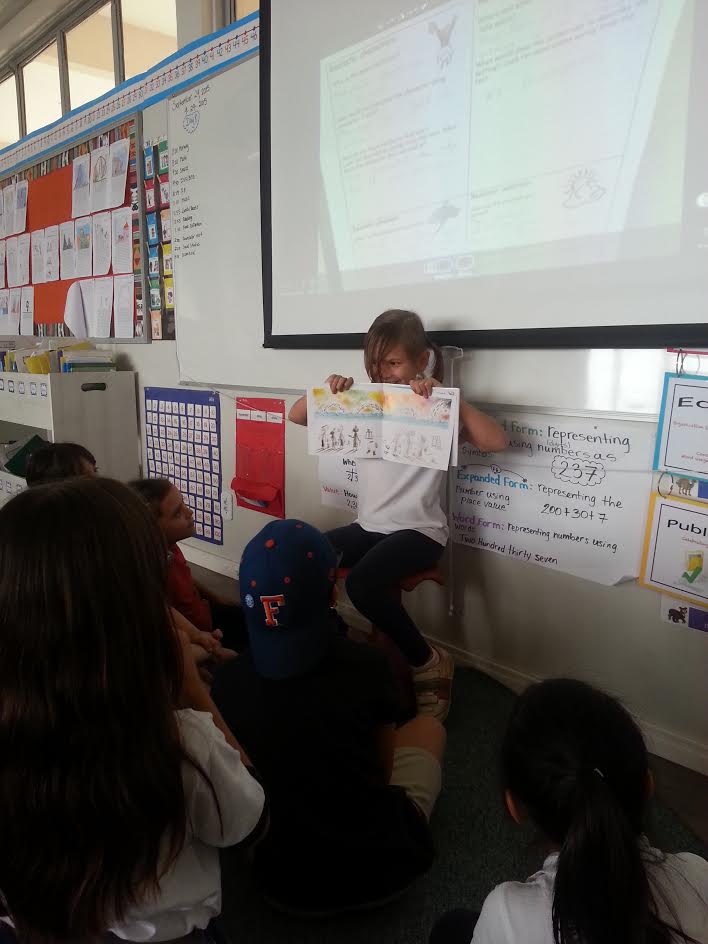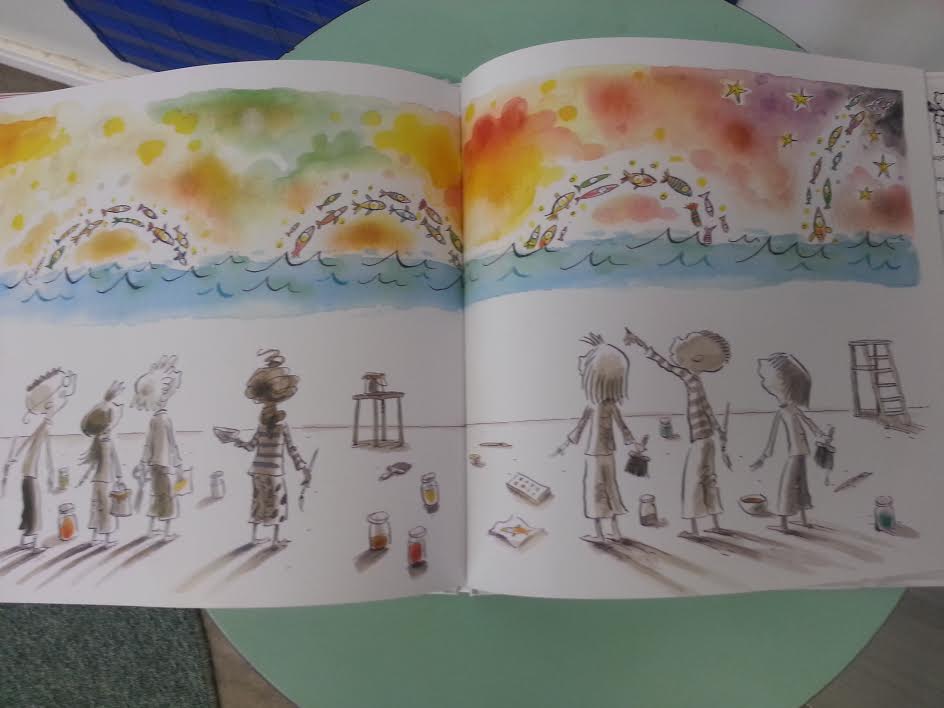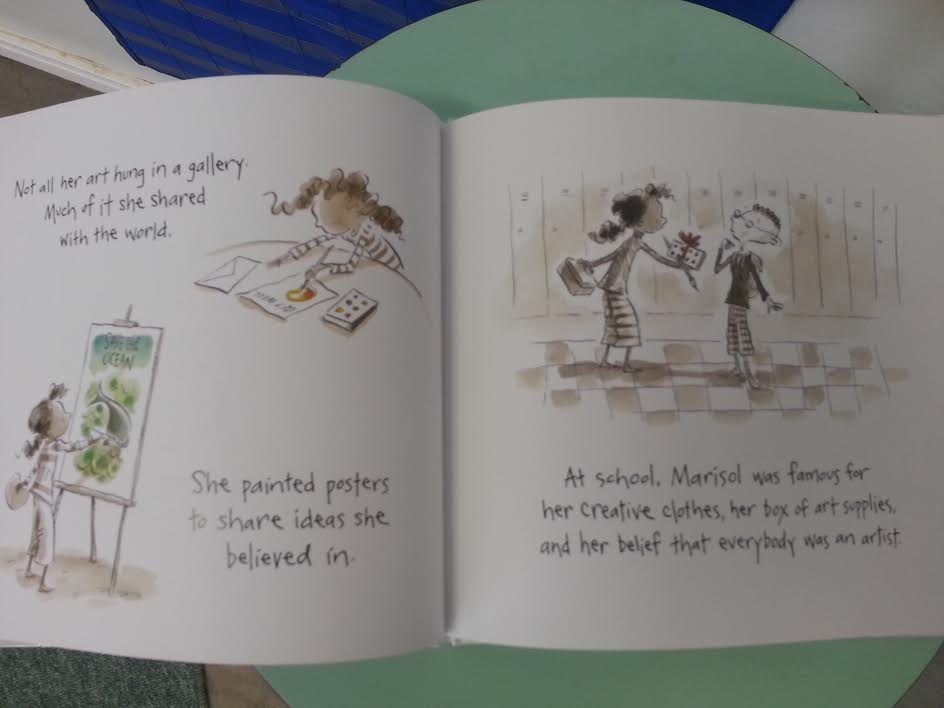Dear ISZL Community
I was at the entrance to the Zug campus this morning with members of the ISZL team as we welcomed families to the new school year. The first day of classes is a moment filled with excitement, anticipation, and joy as the students catch up with old friends, meet their teachers, and connect with new classmates. Any nervous energy they may have had quickly dissipates as everyone dives into the learning process. The feelings of optimism, the promise of new experiences and learning, and the sense of a community reunited that are associated with the first day represent one of my favourite moments of the year.
We are grateful to all faculty and staff who have been busy preparing for the arrival of students and transforming our facilities into personalised learning spaces. I would like to give special thanks to the support staff who have worked diligently throughout the summer months to ensure all campuses were ready for the start of the term today.
This year we will conduct a community-wide review of our Mission, Vision, Values, and Learning Principles and subsequently, our Strategic and School Improvement Plans in order to guide ISZL’s future development and to clarify its purpose in serving families and the local community. Two questions will be used to frame critical conversations: “Who are we?” and “Where are we going?”.
As a first step in this process, staff engaged in an activity last week to answer the question, “What does ISZL do well to serve our students, colleagues, and community?”. There was significant agreement that the school’s greatest strengths are in the areas of support, care, relationships, connections, inclusion, and opportunities. This common response is not entirely surprising given what I learned during my transition interviews last year and how the theme of community emerged from everyone’s stories.
As this community-wide review continues, we will provide regular updates and seek input and feedback. If you are interested in serving as a member of the steering review committee or an advisory group, please send me an email to confirm your availability and interest.
Continuing with the theme of “Who are we?”, the following represents a selection of focus areas to further articulate what makes ISZL so unique.
New Families & Admissions
On behalf of ISZL, it is my honour to extend a warm welcome to the 196 new students and their families who have joined the ISZL community and to share how excited we are to partner with you. We are opening the school year with a healthy enrolment of 1,236 students from 755 families representing nearly 60 different nationalities.
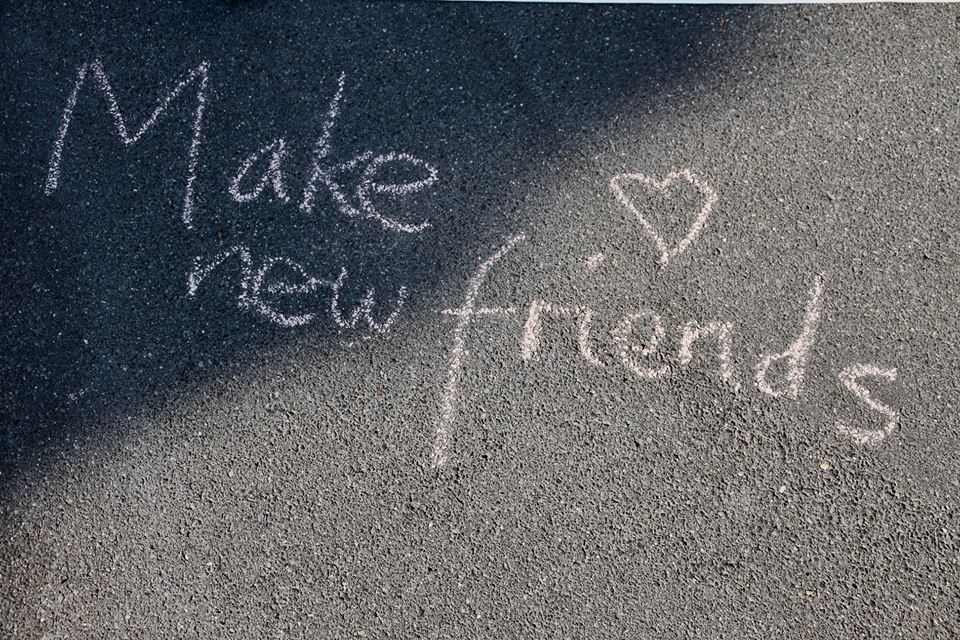
Faculty and Staff
We are delighted to welcome 14 new members to the ISZL team. After an intensive two-week orientation programme and transition process, they are fully prepared and excited to welcome students to school. They represent the best in their fields, come to us from diverse cultural backgrounds, and look forward to integrating as members of this special community.
All ISZL faculty and staff joined together this past week to celebrate our supportive learning environment, engage with teaching and learning goals, and participate in Child Protection training, among several other focus areas. I am deeply grateful for the opportunity to work with such talented and dedicated professionals who exemplify ISZL’s values and are committed to ensuring our students receive the very best educational experience while fostering a passionate approach to learning and community.
Academic Achievement
We would like to congratulate all IB Diploma students for their outstanding performances. It is with pride to share that 100% of ISZL students passed the Diploma Programme with the number of candidates increasing from 42 in 2017 to 67 in 2018. Our students averaged 35.1 Diploma points (out of 45) compared to the world average of 29.8. In addition, five students participated in the IB Career-related Programme, all of whom achieved the BTEC Subsidiary Diploma in Business, including three students achieving Distinction (the highest possible grade).
ISZL also offers students the option to take Advanced Placement courses, and these students were equally successful with a 2018 mean score of 3.9 (out of 5) compared to 3.6 for Switzerland and 2.9 globally. A remarkable 98% of ISZL students achieved a score of 3 or higher as compared with 87% for Switzerland and 61% globally. These results are a testament to the high quality of teaching and learning at ISZL and the commitment and motivation of our students. We are very proud of these collective achievements.
Institutional Advancement
After a lengthy review last year of ISZL’s future needs, a strategic decision was made to restructure the school’s Community Relations Department and expand the department’s scope to that of an Institutional Advancement profile. To that end, we are thrilled to welcome Felicia Allard Smith who has joined ISZL as the school’s Director of Institutional Advancement. In this new role, Felicia will be responsible for designing and implementing a comprehensive institutional advancement programme that will integrate community relations, admissions and marketing, communications, and fundraising with a view towards long-term facility and programme improvement. Please see Felicia’s job description to learn more about Advancement and her work to support ISZL’s growth and development.
Facilities
In order to ensure that ISZL’s learning environment is a source of inspiration and is meeting the needs associated with current and future changes in education, the school’s facilities will continue to be a priority. As communicated at the end of last semester, the Board and the School will continue to consider all options with regards to the Zug Campus, while currently focusing on the sale of the Trumpf facility. More information will be shared as this important process continues to move forward.
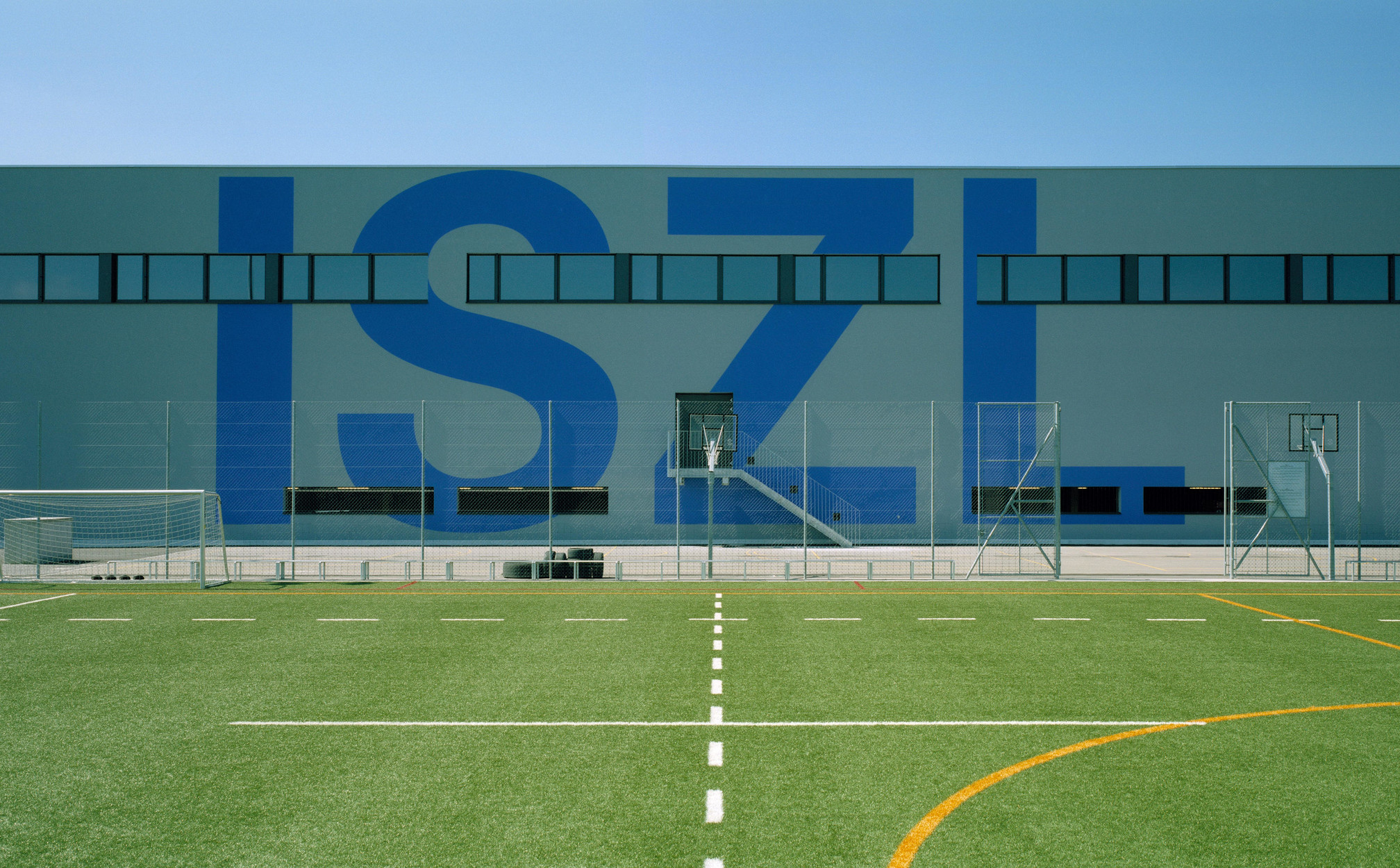
Optimism
As members of this school community, our natural dispositions should lean towards that of an eternal optimist. We arguably have an obligation to our students to convey, without reservation, our belief that they are capable of realising their potential and our commitment to a better future for all. There is indeed a sense of promise on campus and a discernible feeling that anything is possible, the future is bright, and there is an opportunity to be part of something special while contributing to making a positive difference.
These are only a few of the characteristics that hopefully help to convey a little more about “who we are”. I also look forward to hearing from community members to learn more about your thoughts related to this question.
In closing, I would like to again thank new families for choosing ISZL and returning families for your continued support. Please know that your partnership is deeply appreciated. I am thrilled to commence our 2018-19 collective teaching and learning journey with you and look forward to our ongoing work to ensure ISZL is an extraordinary place of learning and community every day.
Kind regards,
Barry Dequanne
Director













































